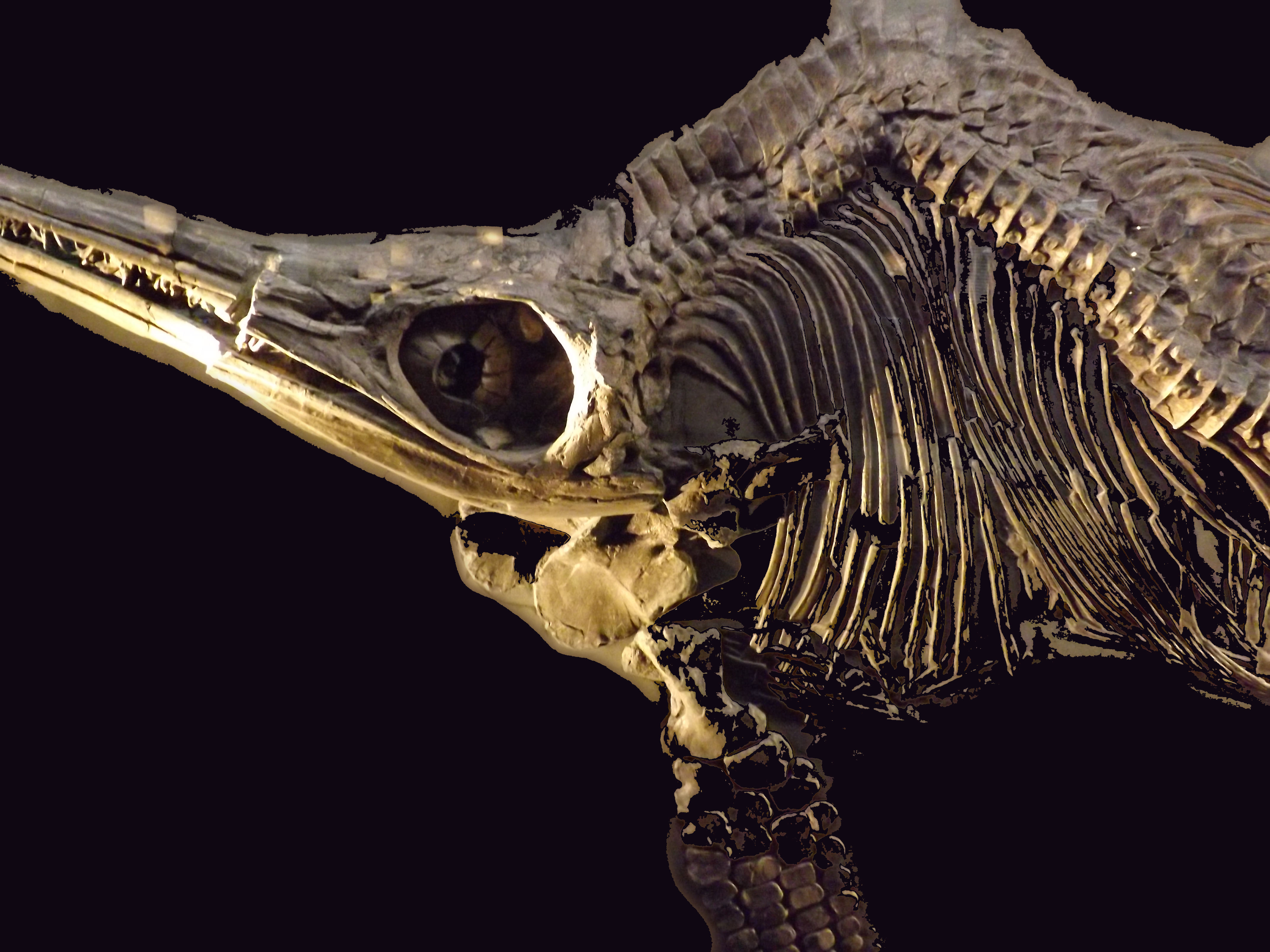London's iconic red bus at risk and 6,000 year old chewing gum gives clues into our DNA history
Cuts to industry subsidies and an increase in fares has left bus use at its lowest point ever, while DNA extracted from ancient 'chewing gum' allows scientists to decipher the genetic code of a Stone Age woman.


London bus use at its lowest point ever due to rises in fares

Ironically one of the most widely-used symbols of our capital, the use of London's iconic red buses has been declining exponentially over the last few years, with an increase in fares sighted as the main reason.
Only 4% of journeys were made by bus last year, say figures published by the Department for Transport, compared to its highest point of 42% in the 1950s. Since then, a reduction of subsidies for operators and restricted routes has increased the cost of a bus journey, which increased by almost twice the rate of inflation last year alone. It's also estimated that in the 2010s over 3,000 bus routes have been cancelled or reduced.
This news unfortunately comes at a time when public transportation is more important than ever as a way to reduce our carbon footprint, with Greta Thunberg praising overcrowded trains as evidence of high demand only three days ago.
6,000-year-old DNA reveals more clues about the lives of our ancestors
We thought we'd had our ancient artefact story of the week yesterday when a 90-million-year-old ‘swimming dinosaur’ skeleton found by dogs out walking in Somerset, but another has come our way today, revealing how DNA extracted from ancient 'chewing gum' has allowed scientists to recreate the genetic code of 'Lola', a 6,000-year-old woman from Scandinavia.
The 'chewing gum' was actually tar from a tree, thought by Dr Hannes Schroeder from the University of Copenhagen and the rest of the academic community to be a very valuable source of DNA, especially from times when no human remains survive.
The DNA extract was so complete that scientists could distinguish her as genetically closer to the hunter-gatherers from mainland Europe than those who lived in Scandinavia at the time, evidenced by her dark hair and skin and blue eyes.
Exquisite houses, the beauty of Nature, and how to get the most from your life, straight to your inbox.
Other DNA traces in the tar indicated the presence of pathogens that cause glandular fever and pneumonia, while still more revealed that hazelnuts and and ducks were part of her diet – not unlike us at this time of year.
Significantly, this is the first time that an entire ancient human genome has been extracted from anything other than bone.

